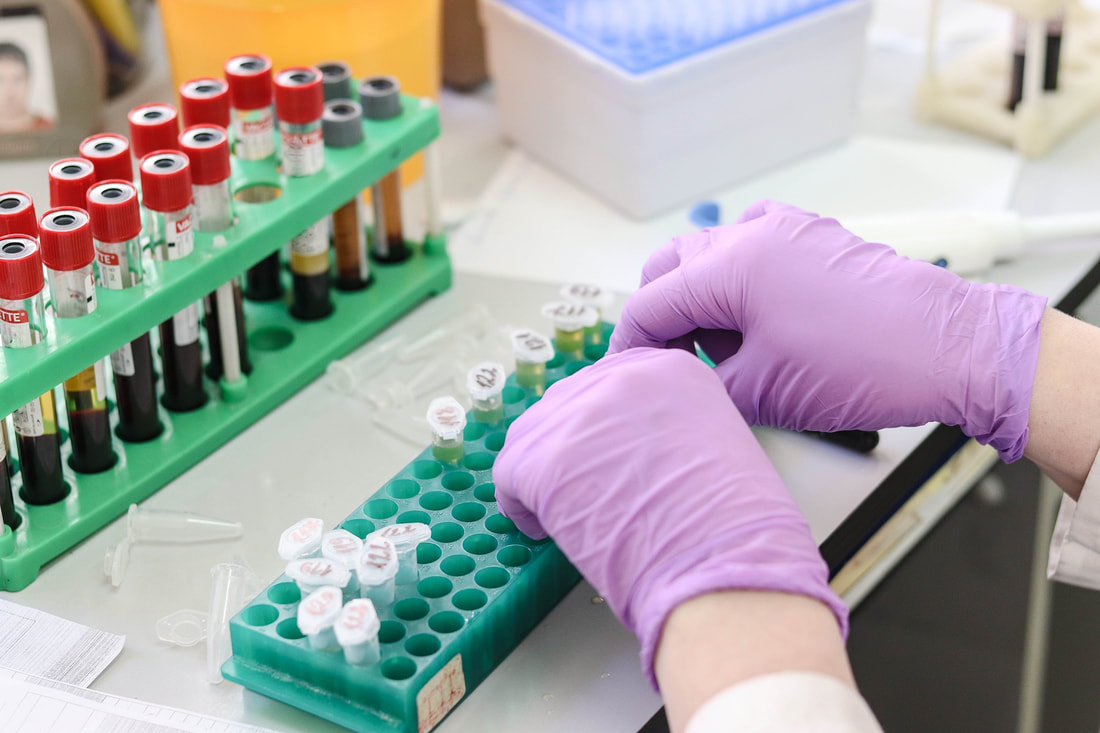|
BY: EKREM KAYA Hey! My name is Ekrem Kaya. I am a high school student with a great passion for science and research. Recently, I've started writing blogs about scientific topics and making information from trusted sources readily available. The novel coronavirus also known as SARS-CoV-2 has taken the world by storm. Since its origin in late 2019, the virus has taken 11,184 lives and impacted many more. Scientists around the world have devoted themselves to treating corona or formulating a vaccine for it. One way that the scientific community has come together is by making data and research widely available. For a quicker solution to COVID-19, researchers and scientists have made their conclusions available to the public and any other researchers. Databases such as the GenBank have readily available genomic data on the virus and NIH has made a library of coronavirus research. This type of practice is called open sourcing and it has been enhanced by this pandemic.
Open source research is beneficial for the scientific community for many reasons. It saves money and resources when accessing information. It boosts collaboration and provides tools to researchers who otherwise may not have immediate access to such data. For example, when researchers from Fudan University first listed the entire genome of the novel coronavirus, they made the genetic sequence available to the whole world. This allowed scientists across the world to analyze the genome and break down the virus’s capabilities. Despite its great advantages, open source is not flawless. . Although not frequent, open source research and data can lead to the spread of false information and controversial conclusions. There are already precautions against this such as peer reviews however mistakes are unavoidable. There are also some moral questions when it comes to open source research. One question arises when considering that people can use the public information for profit and individual benefit. Another problem is regulations on when and how original scientists should be cited and if they should be cited at all. These questions are insignificant in a crisis as such however it is important to keep them in mind as open sourcing develops and becomes the norm in more industries. See this excellent post by a postdoctoral researcher at the University of Oxford for more in depth discussion on how this public health crisis is contributing for science to become more open source.
0 Comments
Leave a Reply. |
Quest Student Research InstituteOn Science, Computation, Medicine, and Academic Success Archives
January 2022
|


 RSS Feed
RSS Feed